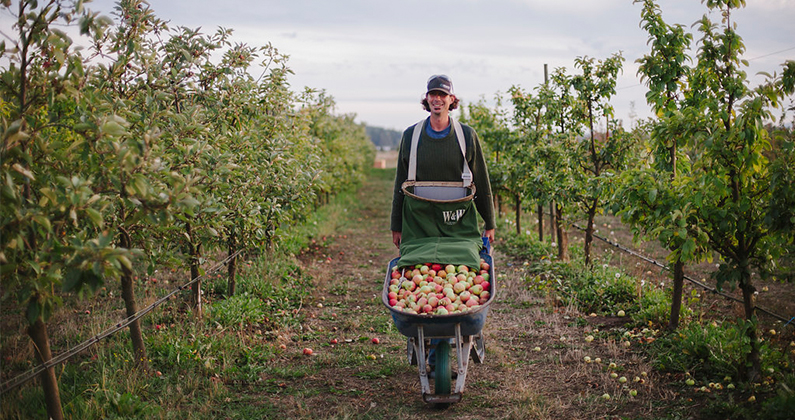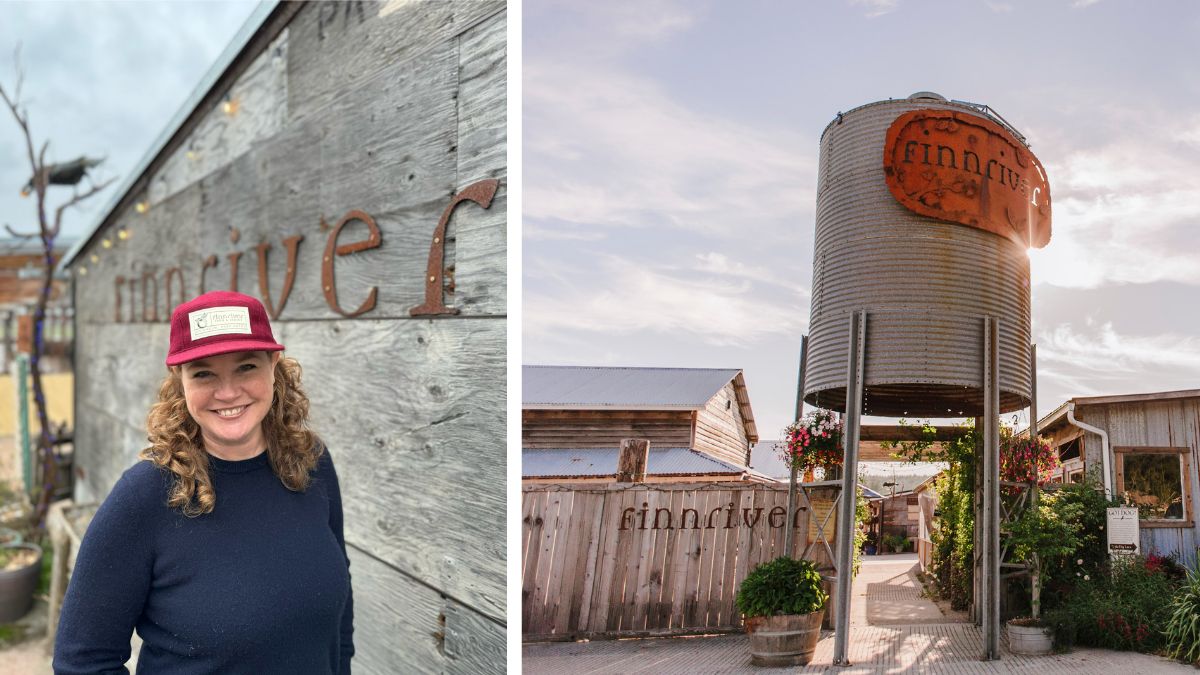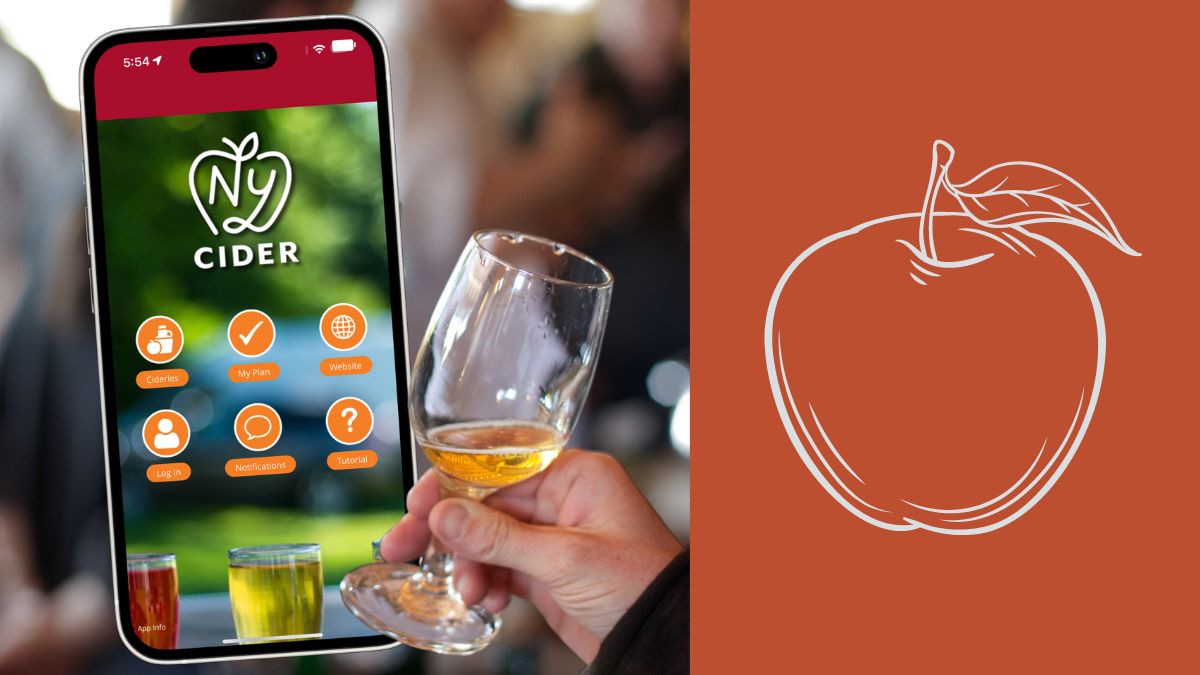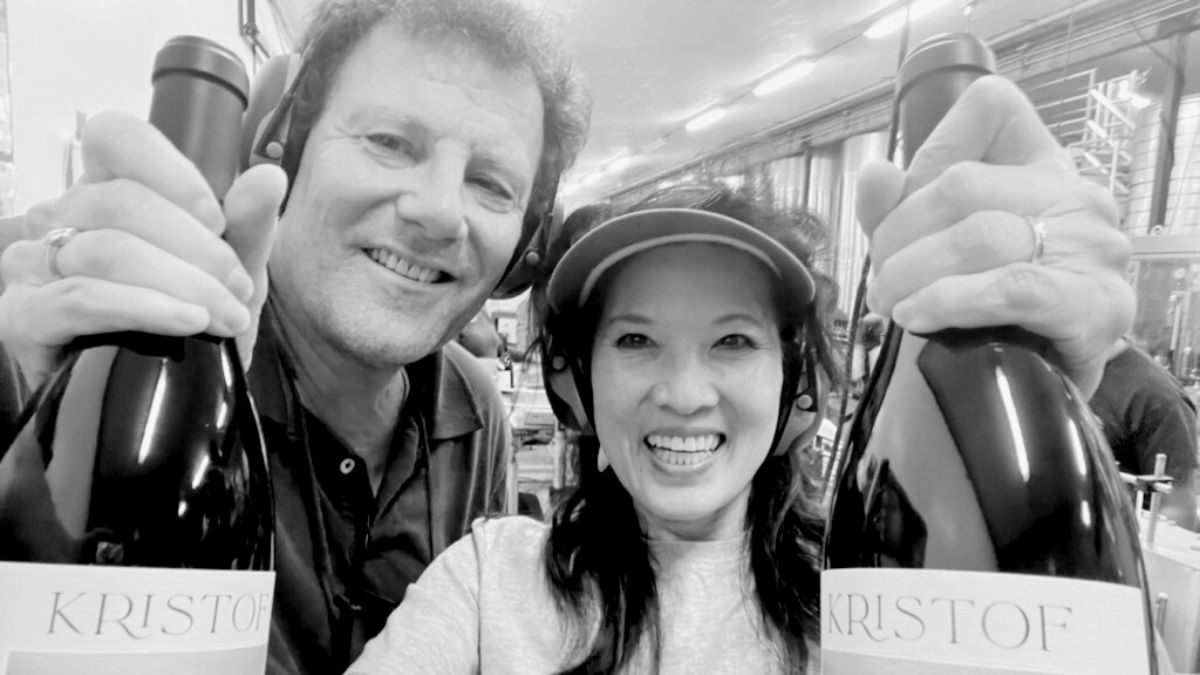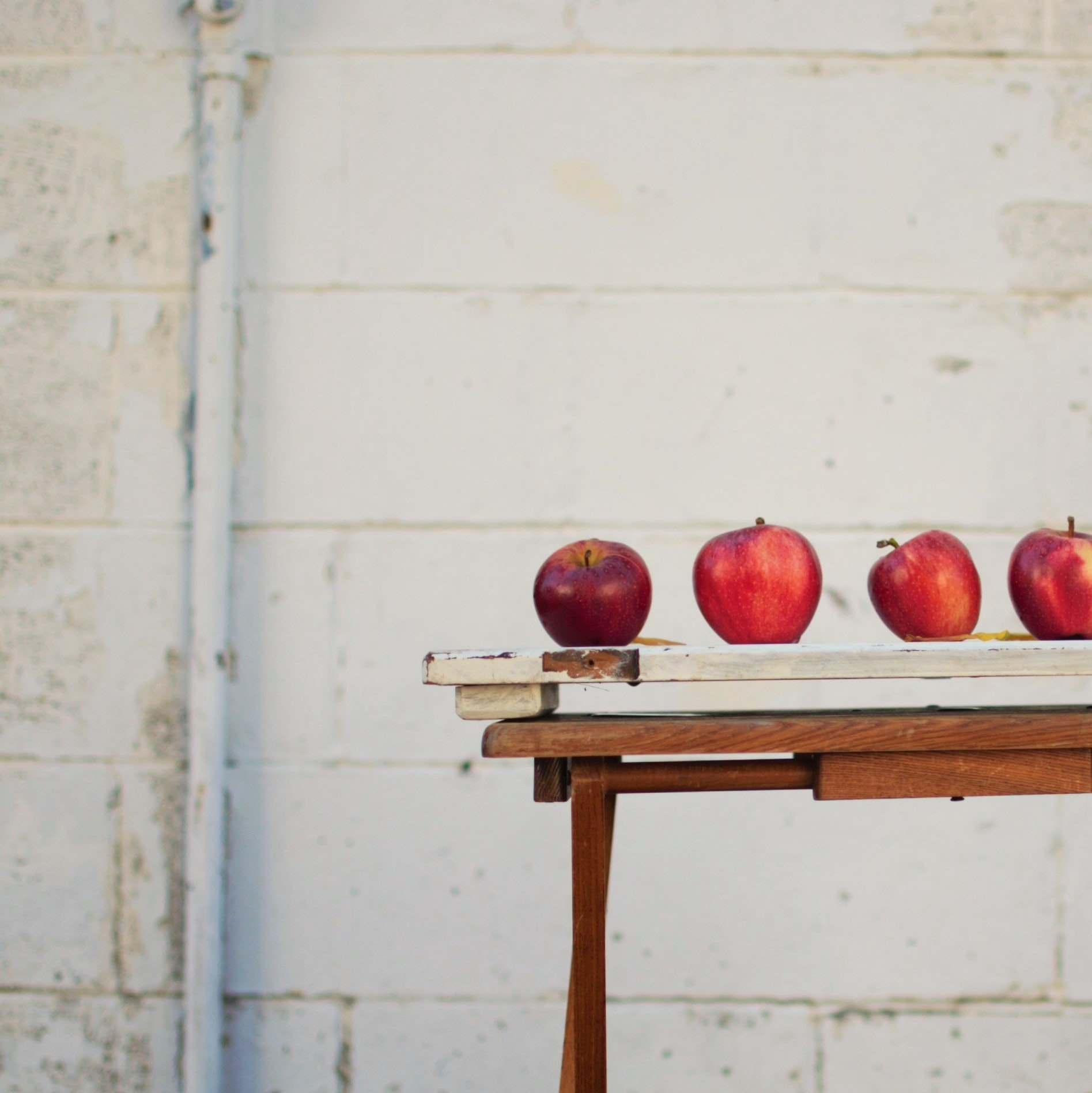Perhaps some of you apple lovers have seen this cosmic quotation from astrophysicist Carl Sagan: “If you wish to make an apple pie from scratch, you must first invent the universe.”
If you substitute “apple pie” for “cider,” I think the meaning is the same: that there is a deeply wondrous and exquisitely elaborate lineage from the origins of the universe to an apple growing on an earthly tree. This recognition — of the beauty and diversity of life on earth — is one of the best reasons I can think of to drink and serve cider.
Here on our farm, I have seen and felt how cider, savored directly on the ground and shared by the trees themselves, can celebrate our relationship to the places that feed us, and also remind us of the responsibilities that come with that relationship.
We started Finnriver Farm & Cidery in 2008 with a mission to reconnect people to the land that sustains us and to grow community. Ever since, we’ve been asking ourselves, “What does it mean to be authentically connected to place? What does it mean to grow community?” The answers are not always evident, or easy.
We feel deeply grateful to be able to operate our cidery on a 50-acre, organic farm in rural western Washington state and we acknowledge that we were not the first ones here. There are many layers of complex ecology and cultural history to this landscape, and “belonging” here, for us, means studying those layers. For example, we live and farm in the traditional tribal territories of the Coast Salish tribes and the Aqokúlo people.
So we question our history. We question our impact on our local watershed, wildlife and ecosystems. We question the social and economic contexts of our enterprise. It’s a humbling process and feels like a life-long learning journey to live in a rightful relationship with the land and to our wildlife and human life surrounding it.
Is all of this necessary to enjoy a glass of cider?
For us, these questions and our commitment to reconnect with the land and community have guided our approach to making and serving cider: to source and grow organic fruit, to install solar power, to place conservation easements on this farmland, to partner with organic seed growers and salmon habitat restoration organizations, to study how to shift patterns of social injustice and institutional racism in ourselves and our community, and to strive to sort out and act as a role model for an ethical and grateful relationship to this place. We recognize the privilege of being able to do this and we continue to learn about and act upon the responsibilities inherent in these privileges.
It’s a several-hour journey to get here from Seattle, the nearest major city. This traverse, from urban to rural landscapes, affects everyone differently, of course, but what we often witness is a sigh of relief and a sense of happiness. Being on the land, where green fields and fruitful orchards flourish, seems to resonate profoundly with people and it is this resonance that motivates us to make and serve cider here.
When folks come from near and far to our farm, we hope that their cups are filled, literally and metaphorically. That in drinking ciders that showcase the nuances of different apple varieties and fermentation styles, people also remember the fundamental gift of living together on a planet that grows fruit.
Beyond that, we hope that cider drinkers are inspired to make choices that will help keep this planet fruitful and the cider flowing, with healthy soils, clean water and a livable climate for the whole Planet Earth community. Social justice facilitator and author adrienne maree brown wrote, “perhaps humans’ core function is love.” Let’s make loving the earth the core function of cider!
Crystie Kisler lives and works at Finnriver Farm & Cidery in the Chimacum Valley on Washington state’s Olympic Peninsula. She works with her family, partners and crew to grow Finnriver into a vibrant enterprise that showcases how rural economic development, ecological health and restoration, and organic agriculture can converge and thrive.
This article originally ran in Vol. 13 of Cidercraft magazine. For the full story and more like it, click here.

